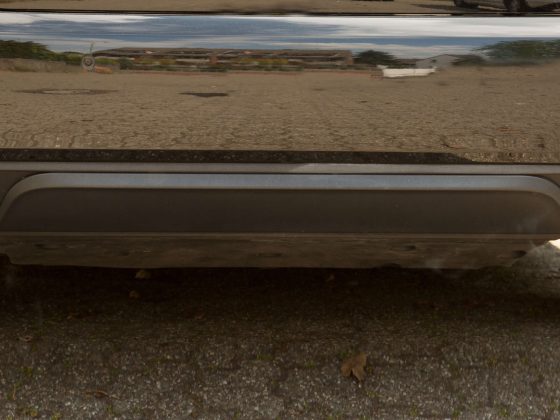As many drivers try their best to keep their vehicles in good condition, there’s always a chance that someone may no longer be following the right car maintenance practices.
Use eTags© to Quickly Complete Your DMV Service. Renewals, Title Transfers and More, All Online!
This doesn’t mean that you must refer to your local mechanic every time there’s an issue.
To the contrary, you should learn more about your car and never let others decide for you once you know what’s best for your vehicle.
Car maintenance is a routine that never stops. So a good way to learn more about your vehicle is by separating the fiction from the facts.
False information tends to be easily spread by others who are not that informed and the more informed you are about your car, the better!
It should also go without saying that you must give the appropriate care your vehicle deserves. Your car is a great life companion and that’s a fact.
Of course, if things are getting really way too serious, you should visit your local mechanic for help.
Here are the 7 biggest myths about car maintenance that every well-informed driver should debunk.
#1 Punctured tires have no fix. Get a new one!
Never listen to this misconception unless there’s some visible damage on the sidewall or the puncture exceeds the 1/4 inch in diameter.
When it comes to small punctures, you could always put a patch on the hole. That’s a procedure that car mechanics usually take rather than opting out for replacements.
Patches work effectively but make sure you apply them correctly to fix the tire airtight seal and keep the moisture away from the steel belts.
#2 Always change all fours tires at the same time
Clearly, knowing when to change your tires will keep you safe while on the road. But there’s a misconception when it comes to replacing them all at once.
If all your tires are the same brand, size, and model, you won’t have to be worried about when to replace them. In fact, it doesn’t even matter.
What really matters, though, is tire rotation and you should do it every other oil change to keep wearing evenly.
#3 Get premium gas to improve the performance of your vehicle

This is a misconception that makes buyers pay more money for something that they don’t really need.
Just because you use a higher-octane gasoline on your car doesn’t mean that your car will get any better at performance, go faster, get better mileage, or run cleaner.
Always check your auto manual and stick to the type of gas that best suits your vehicle.
#4 During an oil change, replace your coolant fluid and air filters
Usually, car mechanics will try to add more items on your bucket list that won’t add any value to your vehicle to say the least.
Know that air filters need to be changed depending upon driving conditions, mileage, and time. Your manual explicitly specifies everything you need to know about your car’s air filter.
Before replacing your coolant fluid, carmakers advise drivers to flush and replace the coolant every 30,000 miles or so, which is about 2 years worth of driving.
Feel free to refuse any replacements, provided that you feel that your vehicle is running smoothly.
#5 Using oil additives gets the engine of my car live longer
This myth is not only unnecessary, but also leads to a detrimental position if not acting responsibly.
Don’t add anything to your oil unless your dealer or car manual advises you to do so.
Worst case scenario, while you believe that adding extra protection to your engine is a great idea, adding oil additives could even have detrimental effects on your engine and affect performance.
#6 Prior to driving in the cold, always warm up your car.
Warming your car before hitting the road doesn’t mean you need to stay there for 10 minutes to feel that your car is ready to go.
Drivers are advised to warm their car just for 30 seconds before driving. In fact, an engine warms up faster by being driven.
In addition, your car transmission and wheel bearings cannot warm up any faster without motion. If you still warm up your car for a long time before driving, you are probably feeling terribly cold.
#7 Drivers should only worry about their timing belt after 60,000 miles
It’s hard to know when your timing belt will break, and, in most cases, drivers cannot find any signs to focus on before it even happens.
A good way of solving this dilemma is to have regular checks with your car mechanic to determine the health of your timing belt.
In fact, experts recommend replacing it every 60,000 to 100,000 miles. That said, there’s no fixed time when it comes to the life of your timing belt.
Keep an eye on your timing belt and don’t let it fail. Nobody wants to be left stranded for not following the real facts about car maintenance.
SEE ALSO: 15 Surefire Tips For Buying A Used Car (#8 Is Shocking!)









2 comments
good job like it i
Hi Jousha. Thank for you that. Feel free to check our articles about cars and other vehicle-related topics.